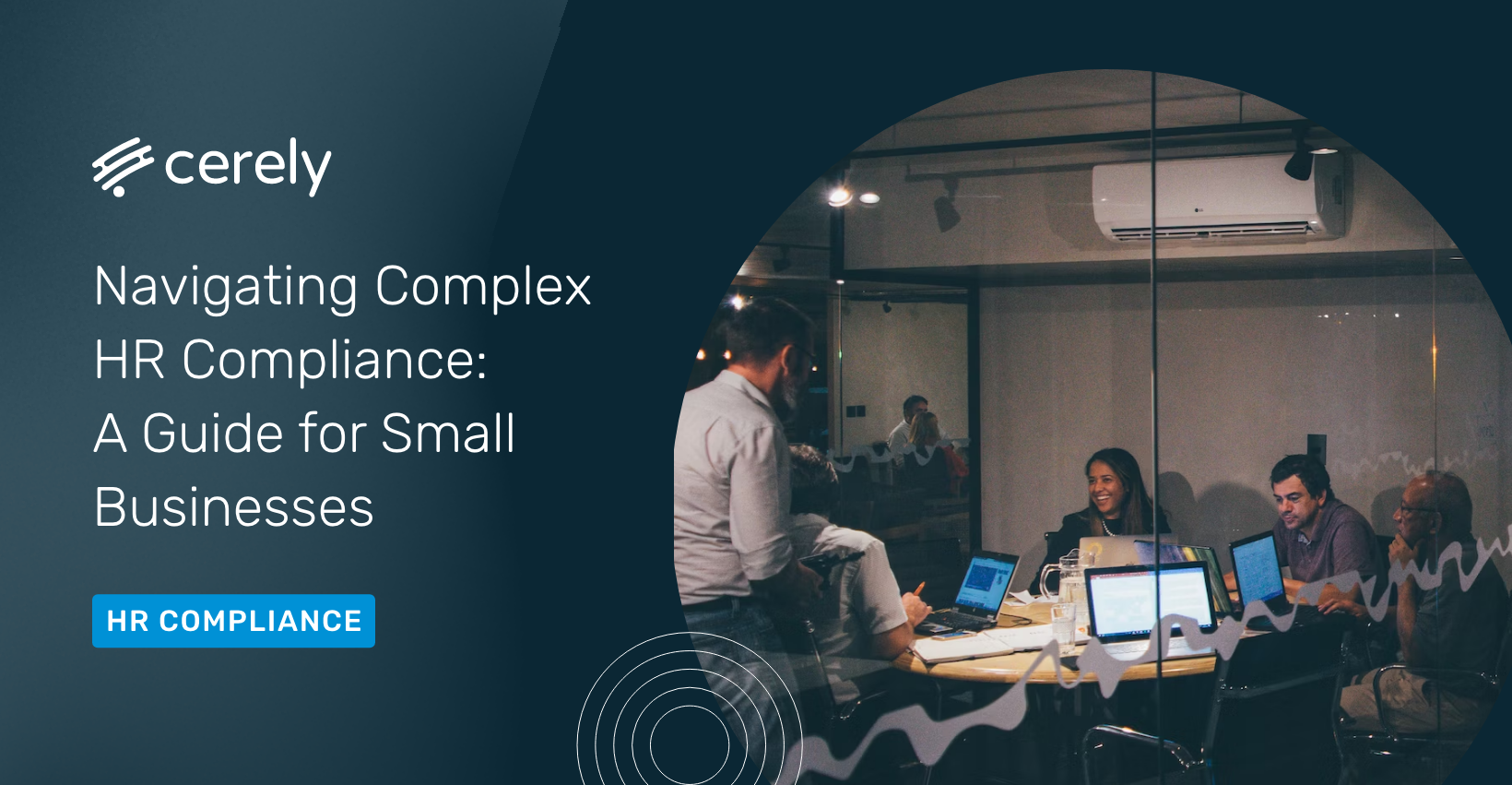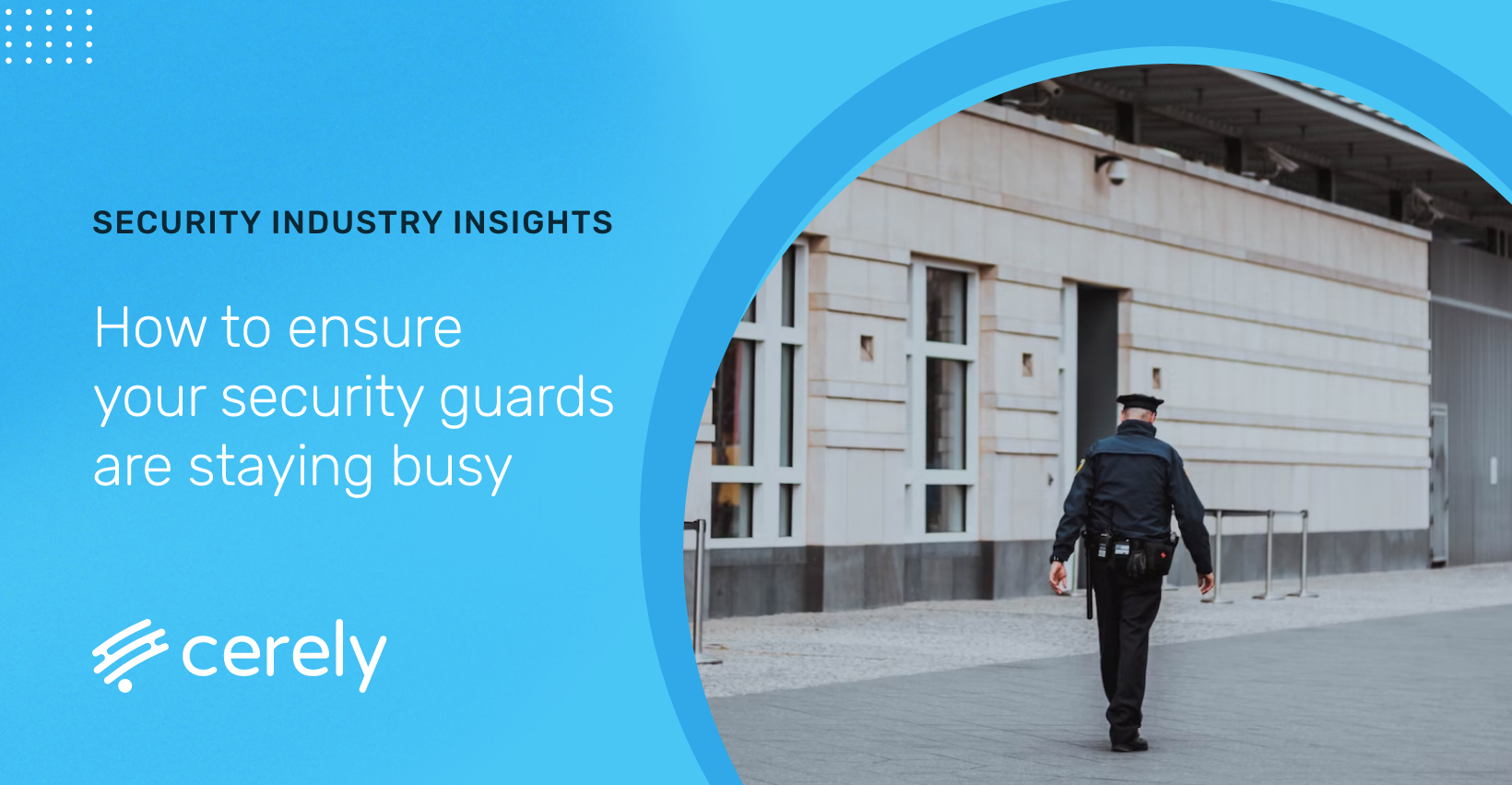Running and managing a security company is no easy task. The company is responsible for the safety of its clients, their customers, and their properties, as well as their own security staff. The key objective for a security company is to help its clients to reduce risk, liability and to prevent theft and damage to the business they are providing their service to. Being in charge of the safety of the general public and clients staff is a job that should never be taken lightly
That’s why security companies need to understand their client’s needs, wants and outcomes so they can be equipped with all the necessary tools and resources. It is also very important to ensure they are recruiting competent and qualified security guards that have the same vision as the company, that’s to ensure the business is being protected.
A security company has many functions, which include:
- Surveillance of the property and its surroundings
- Intelligence
- Access control to the property or site
- Deterrent to attacks
- Incident investigation
- Incident management
- Risk management
Security managers must also be able to do the following:
- Identify the security requirements of the clients.
- Identify the present security issues and manage them.
- Respond to security incidents immediately.
- Establish security procedures and policies and ensure that they are implemented.
However, as with any business, there will always be challenges. While these challenges will be unique depending on the client’s requirements, some are common among security companies. Managing security guards brings forth several challenges for security companies.
Aside from their number, guards are also deployed to many locations, which make managing them harder. Here are just a few of the problems with overseeing security guards, along with some tips and suggestions on how to deal with these challenges.
Poor Manpower Quality
What does poor manpower quality mean? Sometimes, in their haste to achieve the target number of security personnel, security companies would hire anyone who barely meets the minimum requirement. Unfortunately, this often results in poor performance and output, spelling trouble for the security manager and the client.
Relaxing the eligibility criteria may help amp up the number. However, companies should still ensure that their personnel meet the required licenses and certificates for the location they are being rostered to, as well as have a basic understanding of the requirements of the site. Different states and territories in Australia have varying licensing requirements for security guards.
Security guards that are poorly trained or have hardly had any training at all will also contribute to poor manpower quality and service. it is important for Security companies to provide a company induction at the start of their employment and ongoing training to ensure that they are fully equipped and prepared for the job.
Security is not a matter to be taken lightly. Aside from having the necessary certifications, security guards should have sufficient training. They are the first line of defence for every business and institution. Poor training and security personnel without the necessary skills can result in trouble.
Lack of Understanding of Individual Roles
One of the main reasons many teams and companies fail is that team members have no concrete understanding of what they are supposed to do. Unfortunately, a team cannot perform its function if the individual members are not aware of their roles and contributions.
The duties of a security guard, no matter where they are assigned, include:
- To stay vigilant
- To be visible at all times
- To immediately respond during emergencies and crisis
- To observe and report
- To call for help if needed
- To maintain order
Of course, some deployment may mean other special duties. Sometimes, there will also be changes in assignments. With security guards reporting in remote locations, it can be hard to update everyone in real-time.
Security companies should invest in a rostering system that allows managers to update roles and shifts and immediately notifies concerned personnel. It can help companies avoid misunderstandings and misalignments with regards to the role of each personnel.
Sudden Change in Shifts
It cannot be avoided. Sometimes, a guard will call in sick, just an hour before the shift or a client will request the guard to start early or ask for an extra guard with late notice. The security manager will have to immediately look for a substitute to ensure that the site will not be left unattended. A vacant position will put the client at risk and vulnerable to attacks and exposure. It will also affect the company’s relationship with the client and its reputation.
With a reliable rostering system, the manager will immediately be notified, allowing them to quickly look for a replacement. It will also alert whenever a guard has not yet clocked in. Someone from the team can immediately cover, ensuring continuity of service.
Of course, it is not enough to know that someone cannot report to work. The security manager must also be able to see who is nearby and available to fill the shift. Not knowing who to call for a substitute is another challenge for the security manager.
While this problem can be easily solved in a building located in the city where many guards are on a day off or looking for extra shifts, it is a different story in remote areas. As such, security companies serving remote locations will significantly benefit from a security system that allows monitoring and tracking for personnel.
Security of the Personnel
Security guards have the task to protect the client and its property. However, who will protect the protector when the protector is the one in need of protection?
Security guards deployed in remote sites are exposed to more risks. People working in isolated areas have limited access to medical and emergency services. As a result, they are vulnerable and exposed to violence and mental health problems.
Security managers must have a way to monitor their remote security guards. Monitoring can be done through phone checks and site visits. Another way to keep watch over the personnel is through a system that allows them to check in using their mobile phones.
A security management system with a mobile application for security guards has an advantage in this situation. It allows managers to keep their personnel up to date with changes, wherever they are. It also allows employees to clock-in and out remotely. In addition, managers can be alerted if an employee did not clock-in or attempted to clock-in at a different location.
A sudden change in employee activity can also alert the manager that something may be wrong.
Invest in a Reliable Security Management System for Your Security Business
Managing any business is not easy, whether small or large scale. The same is true for a security business.
That is why you need reliable software to improve your team’s productivity and make things easier and more manageable for everyone. Cerely’s CRM and Rostering software for the security industry entail all the tools you need to succeed. It takes care of all your business requirements, all in one convenient place. Find out more about our CRM software today.



